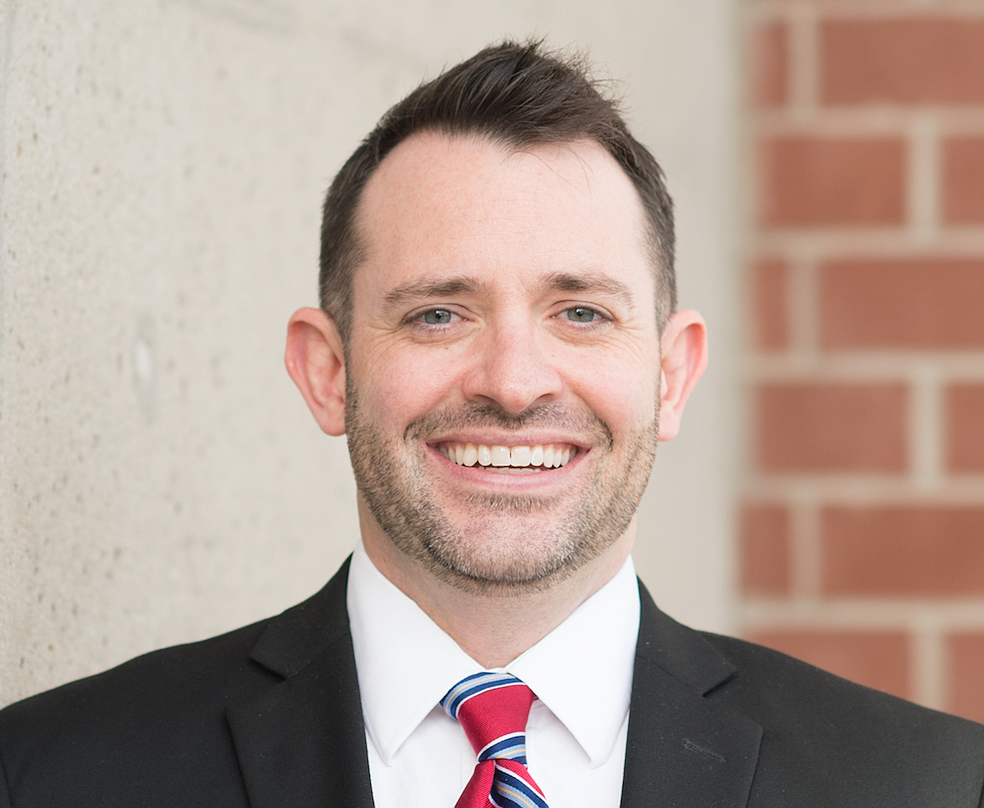Tips for challenging estate planning conversations with your family
My clients often express how stressful it can be to speak to their family members about the decisions they have made (or are in the process of making) when we are working on their estate planning documents. Sometimes the issue is that a parent’s adult children refuse to discuss these matters because the children are not willing to acknowledge that their parent could become incapacitated, or that death will occur at some point. It can be very hard for some adult children to view their parents as anything less than healthy, in charge, and invulnerable.
The unique dynamics that every family has can compound the general problem of one person or the other not wanting to discuss these matters. A common example I see happens when one sibling lives nearby his or her parents and knows from regular interactions that mom and dad are beginning to face the realities of aging while a more distant sibling has trouble accepting that there are any issues. The “local” child may be engaging their parents in the necessary conversations about planning for incapacity, and eventually death, while the “non-local” child views this as inappropriate, or unnecessary.
An “estate plan” is simply the collection of documents that almost every adult should have in place to effectively deal with what to do if that person is incapacitated (becomes unable to make their own decisions for any reason) or is deceased. These documents typically include a Last Will & Testament, a Power of Attorney for Health Care Decisions, a Power of Attorney for Financial Decisions, Advanced Directive Documents like Living Wills and Physician’s Orders for Scope of Treatment, a HIPAA Medical Privacy Waiver, and possibly a Revocable Living Trust.
When a child is unwilling to discuss estate planning with a parent, I have found it is often due to a belief that those matters are none of the child’s business, or that the child wants his or her parents to be focused on living – not on dying. For those children that simply feel it is improper for them to discuss these things with the parent, I suggest the parent express to the child how important it is that the child be aware of certain things in order that the parent may have confidence that his or her wishes be honored. In this scenario, a parent might also want to “blame it on the attorney” – in other words, tell the child that the parent’s attorney has asked the parent to have these conversations, and make clear that doing so is part of the process the parent needs to complete in order that the attorney can finalize the planning.
Sometimes a child is unwilling to discuss a parent’s estate planning because the child believes his or her parent is devoting too much time to “final plans” and not enough time on living and enjoying life. When this is the case, I encourage the parent to explain to the child that getting these matters in order is not compelled by an unhealthy preoccupation with death, but instead by a desire to fully and confidently live. The reality is that for many people who have not put their estate planning and other affairs in order, there is a constant nagging and emotional uncertainty that bothers them. They know they have unfinished business, and nothing gets in the way of enjoying life like the weight of unfinished business.
So, for a parent in this situation I encourage the parent to start the conversation by making it clear that getting an estate plan in place (or addressing an old plan that needs to be updated) is an important part of the parent’s process to ensure they are able to embrace every moment of life - without unnecessary burdens.
If you have a parent that wants to discuss these matters with you, please hear your parent out. You just might be able to give your parent the gift of less to worry about. And, if you are a parent that wants to discuss these matters with your adult children, I encourage you to do so with confidence, but also with patience for those who love you and may not be emotionally prepared to consider the ramifications of your mortality.
My law firm is currently offering free telephonic, electronic, or in-person consultations concerning creating or reviewing estate planning documents for people of all ages.
Robert J. Green is an Elder Law, Trust, Estate, & Guardianship Attorney and the owner of Kootenai Law Group, PLLC in Coeur d’Alene. If you have questions about estate planning, probates, wills, trusts, powers of attorney, guardianships, Medicaid planning, or VA Benefit planning, contact Robert at 208-765-6555, Robert@KootenaiLaw.com, or visit www.KootenaiLaw.com.
This has been presented as general information and not as legal advice. Do not engage in legal decision-making without the advice of a competent attorney after discussion of your specific circumstances.

